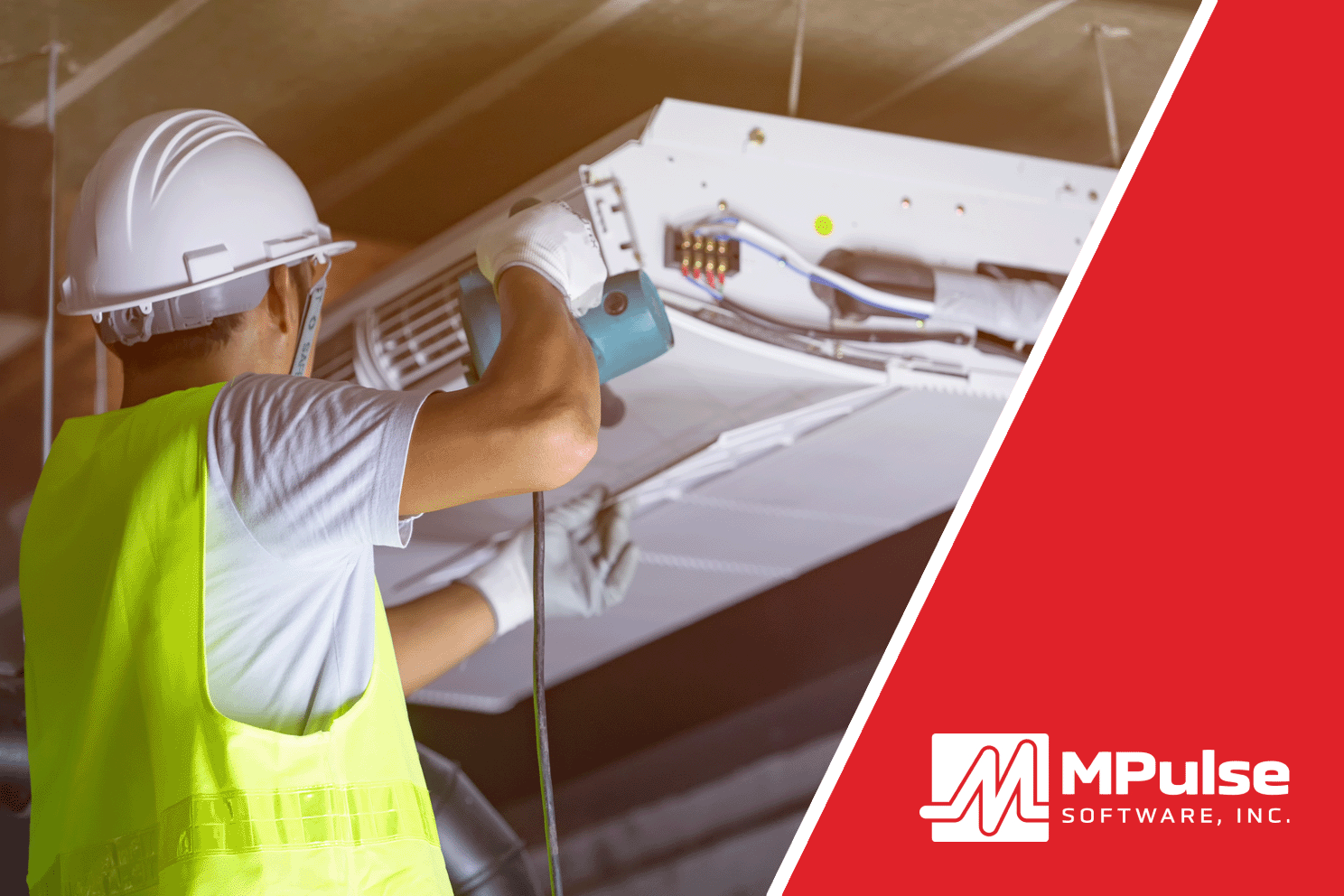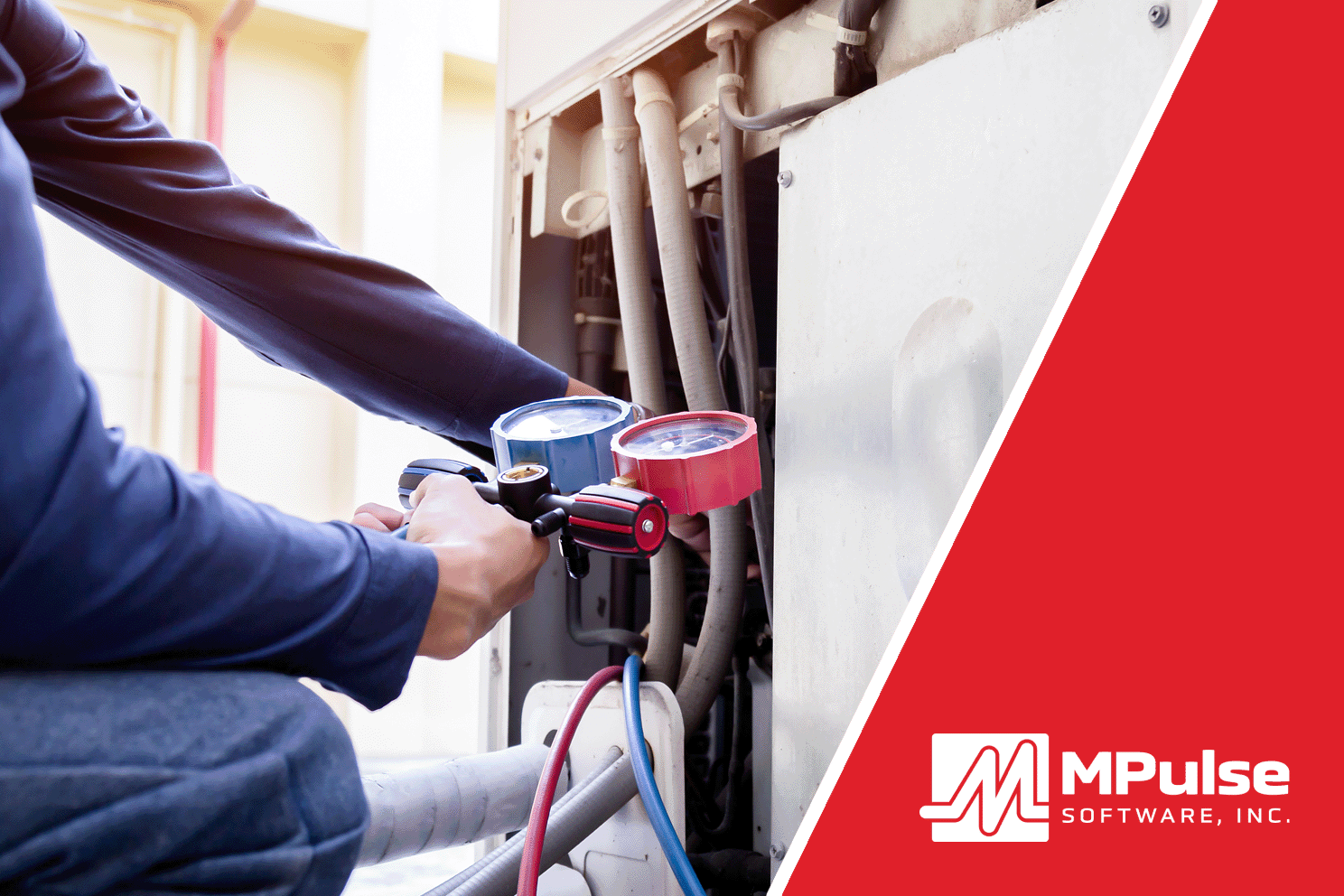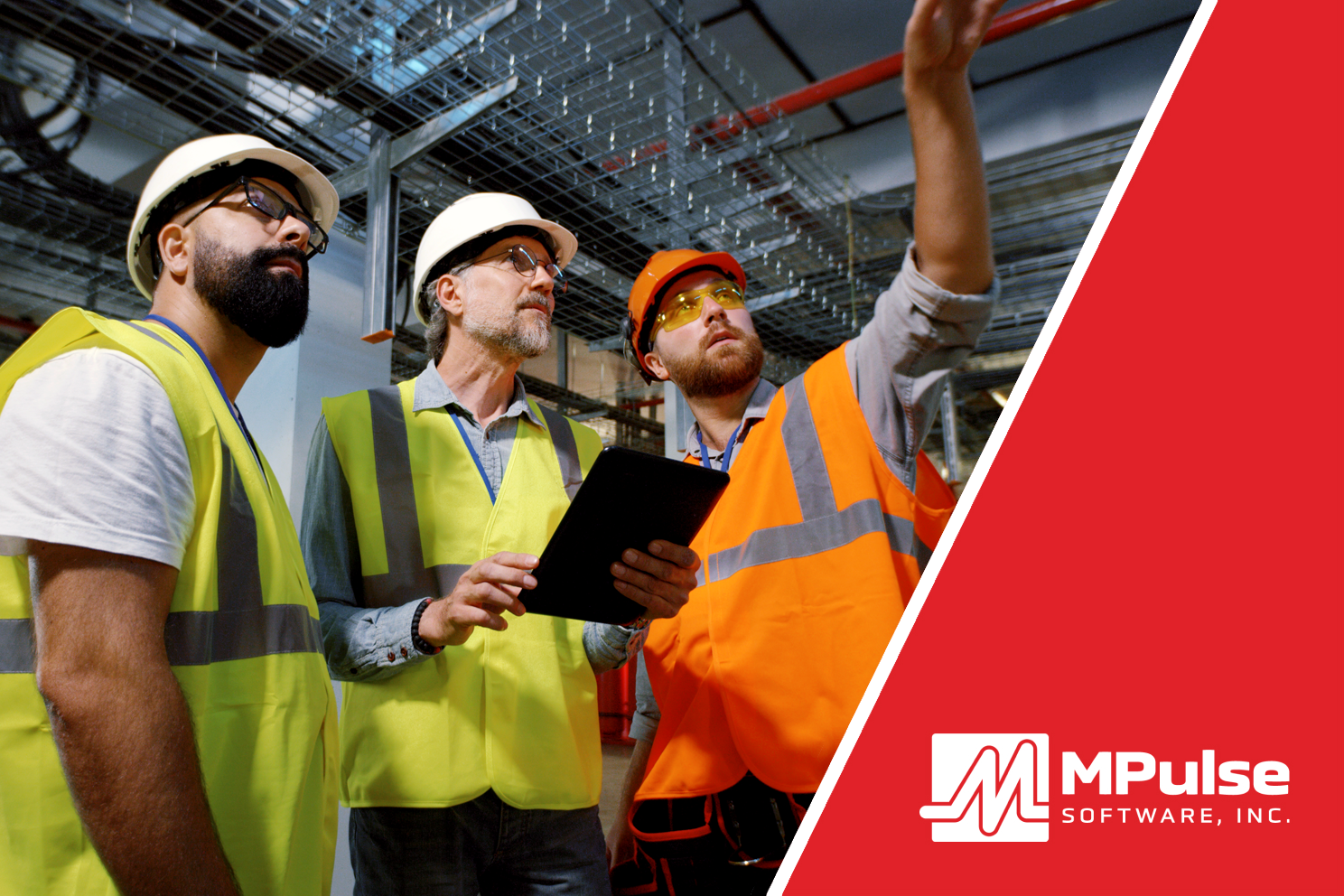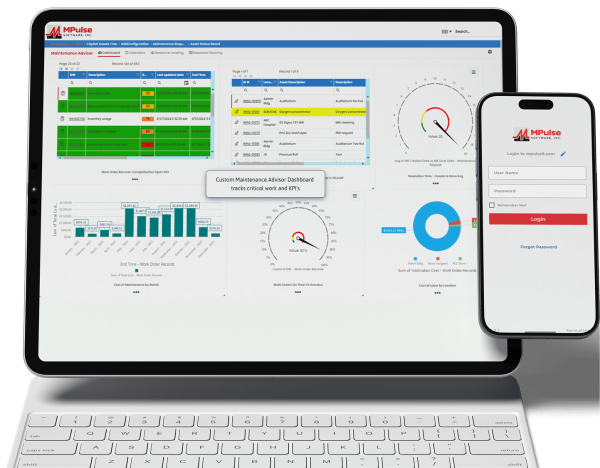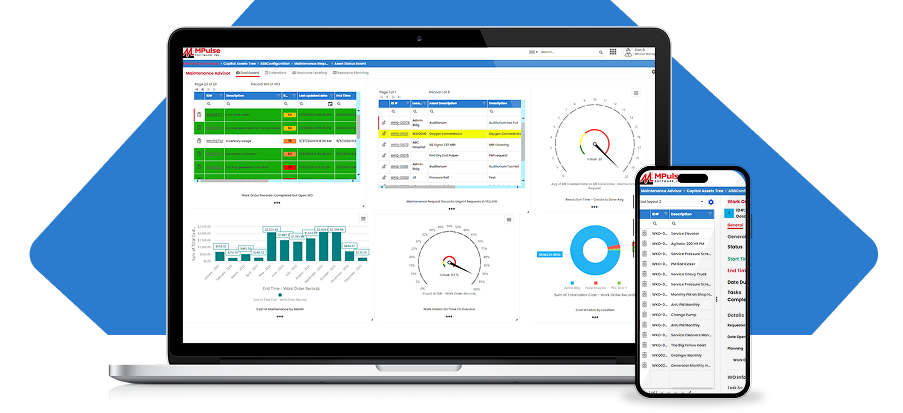For organizations that own or manage buildings, investing in facility maintenance is often seen as a necessary expense. In reality, however, it’s a powerful long-term investment.
When done strategically, maintaining your facilities can significantly reduce costs, extend asset life, and increase overall operational efficiency. The return on investment (ROI) from professional facility maintenance services goes far beyond avoiding breakdowns. It also contributes directly to safety, sustainability, and profitability.
In this post, we’ll explore why investing in facility maintenance services pays off, how to measure ROI, and how tools like CMMS software make maintenance operations smarter and more cost effective.
Table of Contents
How Facility Maintenance Pays Off
Facility maintenance keeps a building and its assets in peak working condition. These maintenance tasks include preventive maintenance, routine inspections, equipment repairs, and strategic asset management.
The purpose of a facility maintenance program is to ensure safety, compliance, and efficiency while minimizing downtime and extending the life of valuable equipment. Improving facility maintenance services can transform daily operations and strengthen long-term ROI.
The True Cost of Neglecting Building Maintenance
It’s tempting to delay maintenance to save money in the short term. However, this approach almost always costs more later. Reactive maintenance can result in unplanned downtime, expensive emergency repairs, and even safety issues.
Consider an HVAC system that receives no preventive care. A neglected air filter might lead to overworked motors, poor air quality, and higher energy bills. What could have been a simple, low-cost fix becomes a major repair or full system replacement.
Studies consistently show that preventive facility maintenance costs far less than emergency repairs. According to industry benchmarks, every dollar spent on preventive maintenance can save up to five dollars in future repair and replacement costs. That’s a substantial ROI that directly impacts an organization’s bottom line.
How Facility Maintenance Services Improve ROI
Facility maintenance services deliver measurable financial benefits when executed strategically with CMMS software. Here’s how they increase ROI:
- Reduced Equipment Downtime,
Regular maintenance prevents unexpected breakdowns, keeping operations running smoothly. Downtime is expensive. In industries such as manufacturing, healthcare, and education, interruptions can halt production, delay services, or disrupt essential operations. - Extended Asset Lifespan
Well-maintained systems last longer. A strong facility maintenance plan ensures assets perform efficiently for years beyond their expected service life, delaying costly capital replacements. - Lower Energy and Operating Costs
Preventive maintenance keeps systems operating efficiently, which translates to lower energy consumption and reduced waste. Clean filters, lubricated motors, and calibrated sensors all contribute to measurable cost savings. - Improved Safety and Compliance
Facility maintenance helps organizations meet health, safety, and regulatory standards. Avoiding compliance violations not only prevents fines but also builds trust with employees, tenants, and customers. - Better Budget Control and Planning
A structured facility maintenance program provides visibility into asset performance and lifecycle costs. This data helps organizations plan budgets more accurately and allocate resources where they’ll have the most impact.
The Long-Term Benefits of Proactive Facility Maintenance
Investing in facility maintenance services is an investment in your organization’s future. By using CMMS software tools, organizations shift from a reactive approach to a proactive, data-driven facility maintenance strategy. As a result, you not only reduce downtime but also get the transparency needed to justify maintenance budgets and demonstrate ROI to stakeholders.
A proactive maintenance strategy delivers lasting value by:
- Preserving the quality and safety of your buildings
- Enhancing employee productivity and comfort
- Reducing environmental impact through energy efficiency
- Increasing asset reliability and resale value
When maintenance is planned and managed effectively, every dollar spent contributes to long-term performance, safety, and savings.
Measuring ROI in Facility Maintenance
To measure the ROI of facility maintenance, consider both direct and indirect benefits.
Direct ROI includes measurable savings from reduced repair costs, extended equipment life, and lower energy use. Indirect ROI comes from improved uptime, fewer safety incidents, and enhanced tenant or employee satisfaction.
By tracking metrics like work order completion times, maintenance costs per asset, and downtime hours, facility managers can clearly demonstrate how their maintenance programs contribute to the organization’s overall financial performance.
Investing in Facility Maintenance = Strategic Advantage
Too often, facility maintenance is treated as a background function rather than a strategic advantage. But when managed correctly, it becomes a key driver of efficiency, safety, and profitability.
The ROI from investing in facility maintenance services is undeniable: fewer breakdowns, lower costs, longer-lasting assets, and improved compliance. Whether you manage a single building or an entire portfolio, prioritizing maintenance today means protecting your assets, your people, and your bottom line for years to come.
Get started today. Contact us.

